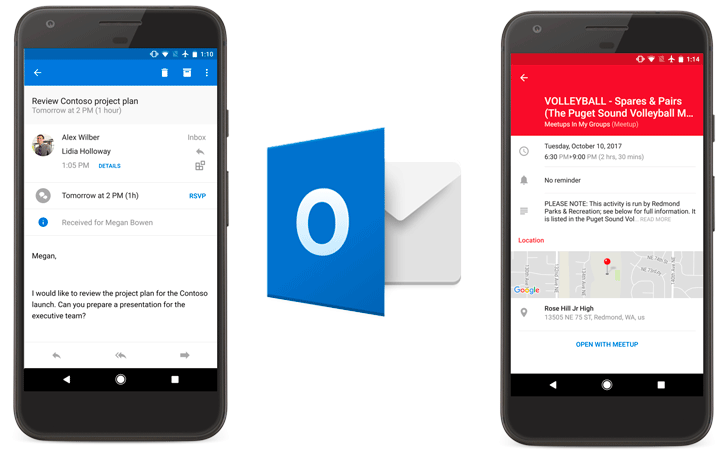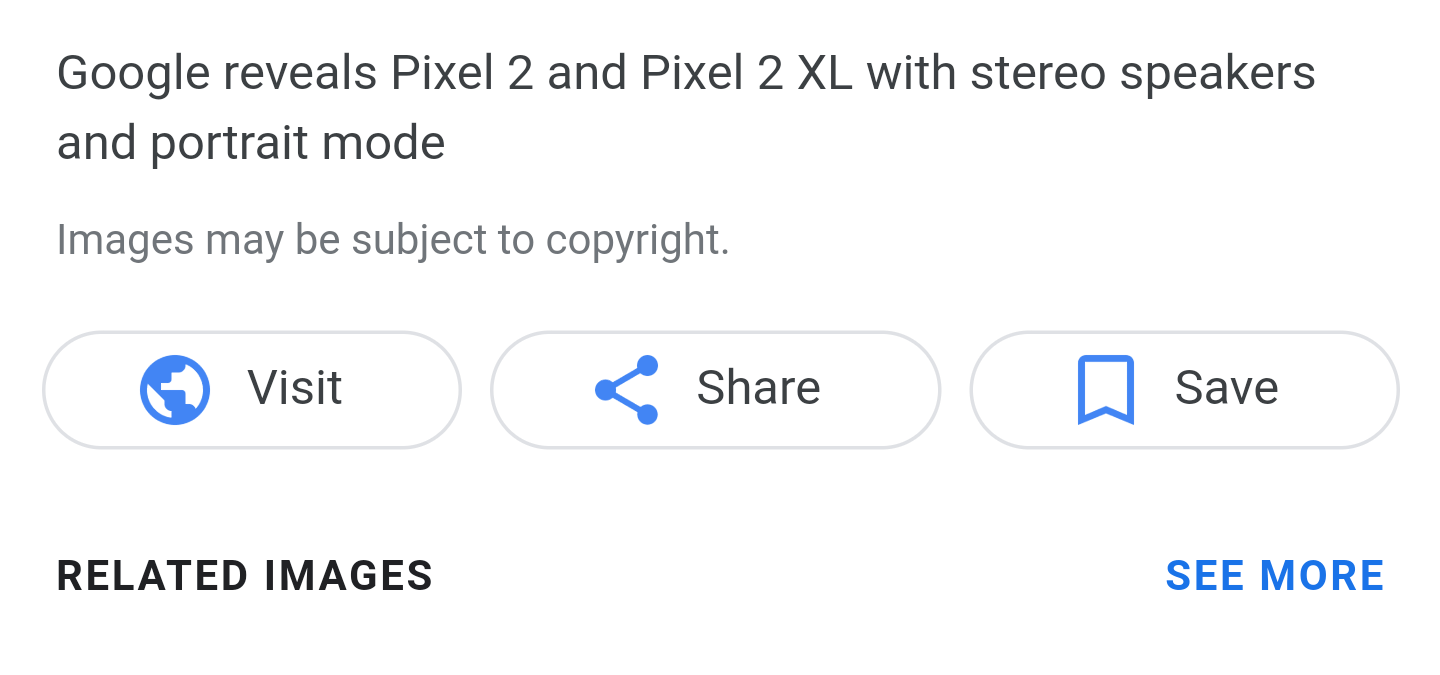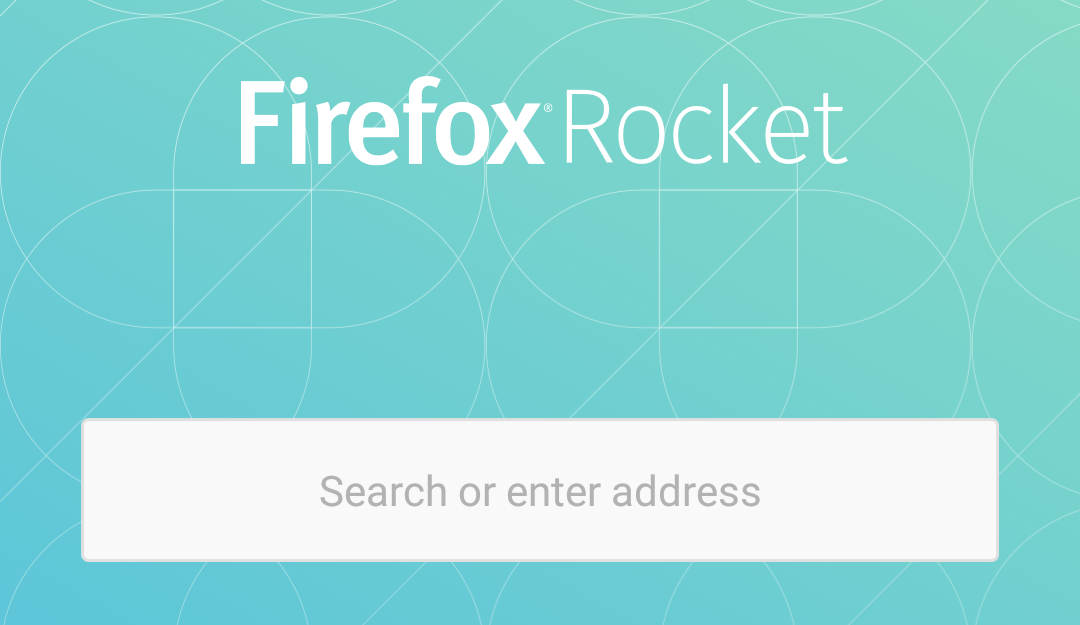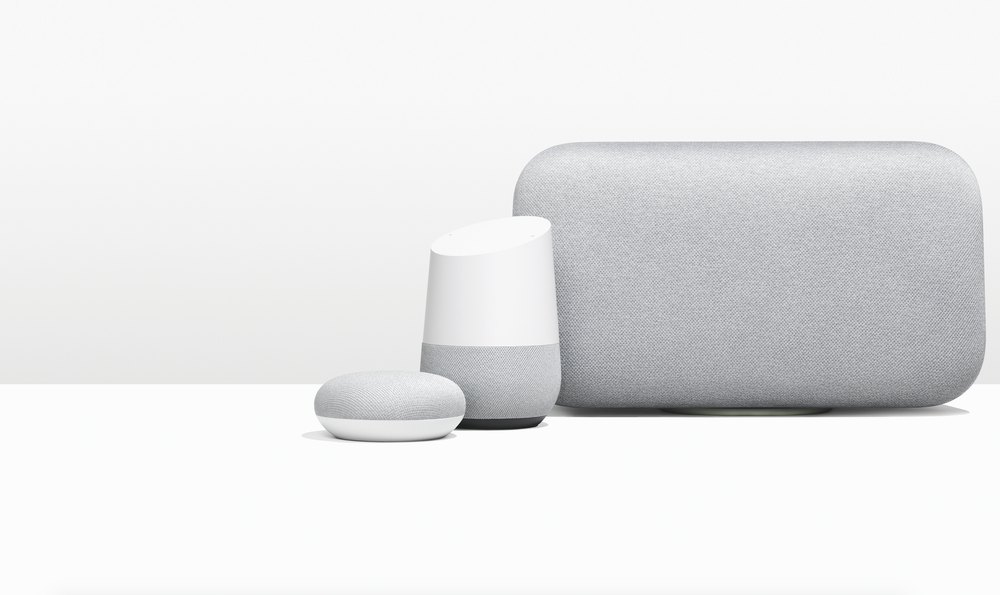About Scott Scrivens
Senior UK Editor — My interest in Android began with the beautiful Nexus 4 and the less-ugly-than-before Jelly Bean. Right now, I'm probably watching Black Books, playing football (soccer), or listening to Answer Code Request.
Latest Articles

For those of you who haven't heard about it, PowerUp makes smartphone-controlled paper airplanes. They're relatively inexpensive, with a basic PowerUp 3.0 costing $24.99, and they work pretty well which has led to them becoming incredibly popular. The last time PowerUp used Kickstarter to launch a product, it closed on .2m after asking for only $50,000. This time around, the goal is just $25,000. It's not hard to see where this is going.

When you search with Google on your device, either with the home screen search box/pill, in the Google feed pane, or directly in the Google app, you'll often see predictive search suggestions as you type your query. These come not only from the web, but from your contacts, songs in your Play Music account, and so on. The web suggestions are usually indicated simply by a magnifying glass icon, but this could be about to change.

Twitter is a great place to find out about stuff that's going on right now. In fact, it's often the first place to get news about certain things, as information spreads through the platform incredibly quickly. Understandably, Twitter wants to leverage its position as a place for first-hand topical content, and its latest attempt to do so is a new feature called 'Happening now.'

In the increasingly capricious social media industry, Snapchat is something of a veteran these days. As it struggles to stay relevant in the lives of young smartphones users around the world, it continues to throw various new features at the wall in the hope that some will stick. The latest lightbulb moment from the company comes in the form of 'Context Cards,' which offer you additional information about where the snap you're viewing was taken.

Microsoft's Outlook team has been hard at work going through user requests recently, and upcoming updates to the Android app will add some of the most in-demand features. Using the feedback and votes collated on Outlook UserVoice, the team is bringing a number of enhancements to the calendar so that it now functions more like its desktop counterpart.

In-chat assistance is not a new concept. If you've ever used Google's Allo app, you'll know what it's all about. While in a conversation with a friend, you can call upon the Google Assistant to answer a question, bring up directions, or perform a host of other helpful tasks, all without leaving the conversation. Skype will soon be getting similar functionality, as Microsoft is bringing its Cortana assistant to the messaging app.

Android Wear is entering a potentially critical time. Wear 2.0 hasn't been received nearly as well as might have been expected, with many observers understandably worrying for its future. Watches were conspicuously absent from Google's big hardware event last week, and the Google Store site refresh has removed all non-Google products, including LG's recently released Android Wear watches.

If you have an Android phone made by Samsung, there's a good chance you use the company's own web browser. Unlike many bundled browsers, Samsung Internet is built using the Chromium open source project, so it's pretty close in functionality to Google's Chrome, but better integrated with Samsung's wider ecosystem of apps. The developers of Samsung's browser are pretty quick to add new features, and the latest of these is a feature to help when filling out a form.

Google doesn't tend to rest on its laurels when it comes to the design of its search interface, be it in the Google app or in browser, and it's always testing new ways to make search results easier for users to navigate and in turn generate those all-important clickthroughs. A couple of months ago badges were added to make it easier to find recipes and products, and now further changes have been made that make the image search UI a little clearer.

Mozilla has been pretty busy recently. Last month it updated its main browser, Firefox, with a much needed modern UI makeover, and back in the summer it launched a completely new browser, Firefox Focus. It's much simpler and faster than the standard Firefox app, and it's much more privacy conscious, too, with no tabs and automatic blocking of ads and trackers. There's also a Germany-specific version called Klar.

When Google acquired British artificial intelligence startup DeepMind back in 2014 nobody was really sure why. It was a secretive company without any consumer-facing products, but it clearly had some technology of interest in Mountain View. DeepMind is now part of the wider Alphabet structure, and now a little bit more is known about what goes on there, including the work it does for Google.

Sony has been a surprisingly developer-friendly Android phone maker, with its Open Devices program giving anyone the opportunity to build and flash custom versions of the OS firmware on its devices. A few days ago Sony published the relevant binaries for the latest AOSP version of Android 8.0 Oreo for a number of its phones, and now it's added two newer Xperia models.

Back at I/O in May, Google teased the Daydream 2.0 update, codenamed Euphrates, which would bring a more social aspect to using the VR platform by casting what the user sees on another screen. Daydream 2.0 isn't ready just yet, but the latest update to version 1.10.170912063 already has that capability, as well as support for the 2nd generation View headset and the new Pixel 2 phones.

Since BlackBerry got out of the hardware game, and TCL started building phones for the company previously known for its physical keyboard-toting business phones, we've seen a couple of new BlackBerry-branded devices. There was the modest Aurora (sans keyboard), specifically for the Indonesian market, and then there was the flagship KEYone, which was supposed to invoke memories of BlackBerry roots with its physical keyboard. It did so, to some extent, even if it was underwhelming in certain areas.

The LG V30 is one of this year's most anticipated flagship phones, and with good reason. It's a clear upgrade on the excellent LG G6 from earlier in the year, and it's set to go toe-to-toe with the S8, Note8, and Google's incoming Pixel 2 XL (also made by LG). The phone already started shipping last month in its native South Korea, which is the norm for LG devices, but now it's possible to order one in the US through Verizon or AT&T.

Google unveiled its latest and greatest phones yesterday at its big event in San Francisco, as you'll all be well aware of by now. Anyone wanting a piece of the action has to first work out if they can afford it, as these things aren't cheap. If you live in the US and you buy the phones directly from Google, you're looking at paying $649 for the Pixel 2 or $849 for the Pixel 2 XL (64GB models). That's a pretty penny, but there are already ways to bring the cost down a bit.

Wouldn't it be great if upon waking up you could say "Ok Google, good morning" to have your lights and coffee machine turned on while the news is read to you? Similarly, when you go to bed, it would be great if you could say "goodnight" to have your lights dimmed and your security system activated. Well, soon™ you'll be able to, thanks to new multi-step actions that can be added to everyday 'routines.'

If there's one feature of an email client that everyone depends on, it's notifications. I mean, if you're receiving emails, it's kind of important to be informed about them, right? Sadly for many Google Inbox users at present, this isn't happening. Notifications for the Android app appear to be broken, and it's understandably making people mad.

Google has just announced its 2017 #madebygoogle hardware line up, including the new Pixel 2 and Pixel 2 XL phones. There are lots of interesting new software features to talk about, including a new always-on ambient display that tells you what song is playing in the background without you even asking, but the first thing anyone notices when they unlock their phone is the launcher. Sabrina Ellis, director of product management, took to the stage to talk about the new Pixel Launcher home screen, among other things. It is getting a considerable makeover, and it's bound to be controversial.

It's already been heavily leaked, so it didn't come as much of a surprise, but the Google Home Mini is now official. Announced at Google's big event today in San Francisco, the little speaker is inevitably going to be compared to a hockey puck in size and shape. It's a smaller and cheaper alternative to the Google Home smart speaker, costing just $49 compared to the $129 you can usually expect to pay for its bigger brother.


